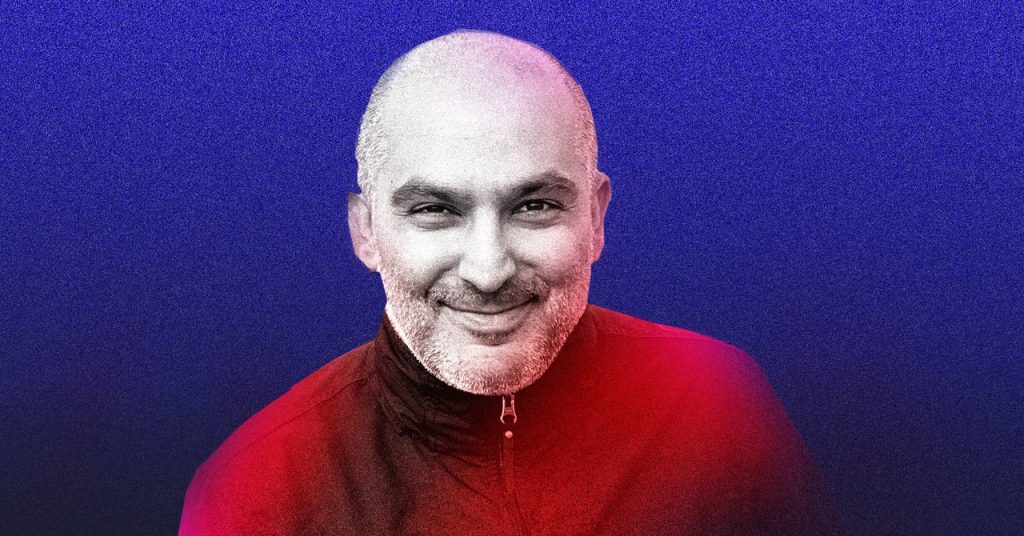Designing the Future of Neurotech: An Interview with Afshin Mehin
The Go-To Designer for Brain-Computer Interfaces
Afshin Mehin, the founder of San Francisco-based creative agency Card79, has become the go-to designer for companies working on devices that aim to tap into or modulate the brain. His agency has collaborated with prominent neurotech companies such as Neuralink, a startup founded by Elon Musk that develops brain-computer interfaces, Synchron, a company working on a brain implant to treat Alzheimer’s patients, and Science Corp., a startup founded by former Neuralink president Max Hodak that is developing a visual prosthesis for the blind.
Designing for the Anatomy of the Head
Mehin’s experience in designing wearables for the head dates back to his work with Recon Instruments, a Vancouver-based company that was eventually acquired by Intel. The work involved understanding how to incorporate technology around the head, such as adding an extra processor and a camera to sports sunglasses for running and cycling. This required 3D scans of people’s heads and databases of skull anatomy to ensure a proper fit.
Empowering Individuals with Paralysis
When working with Neuralink, Mehin’s focus was on designing a brain-computer interface that would empower individuals with paralysis to perform tasks they were previously unable to do. The design process involved secondary research to understand the pain points and needs of these individuals, as well as considering the ease of use for both the user and their caregivers.
Transforming the Neuralink Robot
Mehin’s team played a role in transforming Neuralink’s first-generation robot, which initially had an exposed steel appearance, into a more approachable and visually appealing design suitable for clinical trials. They collaborated with Neuralink’s engineering team to design facias, or covers, for the robot’s exterior, introducing elements of design while prioritizing safety considerations such as avoiding pinch points that could harm operators.
The Intersection of Neurotech and AI
Mehin is excited about the potential of neurotech to unlock philosophical questions about the brain and what it means to be human. He sees the field currently focusing on helping the most vulnerable, such as individuals with paralysis, and believes that the integration of AI with neurotech holds great promise for solving practical problems.
However, Mehin also expresses concerns about the potential dystopian futures that could arise from the intersection of AI, neurotech, and robotics. He highlights the importance of data privacy and the need for companies to gather vast amounts of real-time data to make AI work effectively. Mehin questions the best interests of AI-powered neurotech devices and whether they prioritize the user or the companies that built them.
Ethical Considerations in Neurotech Design
As a consultant, Mehin acknowledges that his clients may not always share their long-term business roadmaps, making it challenging to fully assess the ethical implications of their projects. However, he emphasizes the importance of understanding the background and worldview of the founders he works with. Mehin would turn down a project if he felt it did not align with his ethical principles, recognizing that ambition and nefariousness can sometimes be difficult to differentiate.
I’m all for humanity. I’m optimistic, but there’s also a part of me that’s a little bit concerned and has a fear of dystopian futures right now.
As neurotech continues to advance, designers like Afshin Mehin play a crucial role in shaping the future of brain-computer interfaces. By prioritizing user experience, safety, and ethical considerations, they aim to create devices that empower individuals while navigating the complex landscape of AI and data privacy.

2 Comments
Leo X. Parker: Seems like Neuralink’s robot might just outdo da Vinci in the art of precision!
Behind every groundbreaking tech, there’s a robot with more creativity in its circuits than most people have in their whole body!